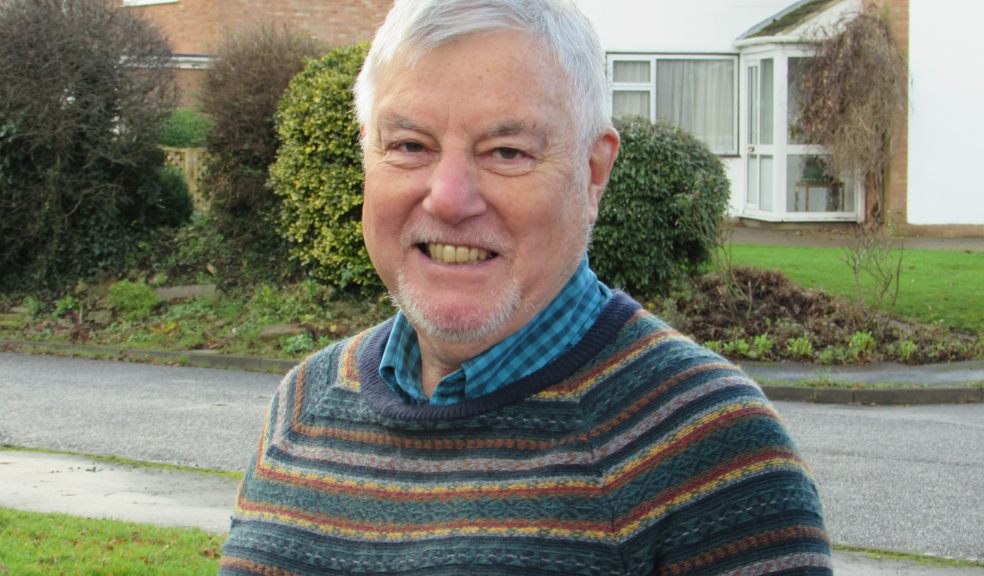
Over 10,000 people sign up to health research in Exeter
Thousands of people in Devon have signed up to take part in high-quality research, accelerating meaningful benefits to patient health.
The Exeter 10,000 project has reached a milestone of 10,000 people providing their data and samples of blood and urine which are used anonymously for health research.
The majority of participants also agree to be contacted again if their health or lifestyle profiles match the requirements of future research studies. This means researchers can move swiftly from identifying a specific health research question, to recruiting large numbers of people to take part in a study – thus transforming what is very often a slow and time consuming process that can hinder innovation.
The project is run by the NIHR Exeter Clinical Research Facility, a partnership between the University of Exeter Medical School and the Royal Devon & Exeter NHS Foundation Trust. It is funded by the National Institute for Health Research.
Already, a wide range of studies benefiting from the Exeter 10,000 project have published results on areas including diabetes, obesity, addiction and genetic patterns in ageing.
Professor Angela Shore, Vice Dean Research at the University of Exeter Medical School, said: “I’m delighted that so many people have signed up to make a real impact on healthcare across the world. Having large numbers of people involved is absolutely crucial to help us recruit to high-quality studies and enables us to find patterns that reveal areas we can target for new treatments on some of the most pressing global health challenges. We still need more participants and I’d really encourage people to get involved.”
Professor Adrian Harris, RD&E Medical Director and Honorary Associate Professor at the University of Exeter Medical School, said: “The Exeter 10,000 project is a brilliant way of quickly connecting research teams to real people so that potentially vital clinical studies and trials can get off the ground as soon as possible. I am thrilled it has reached its first key milestone and I hope many more people will join the project to help us improve healthcare for generations to come.”
As well as participating in research, the Exeter 10,000 project encourages members of the public to be involved in how the facility is run, including considering ethical decisions on research and ensuring publicity materials around research trials are pitched appropriately to the people they are aiming to reach.
The Exeter 10,000 project is based in the recently built Research, Innovation, Learning and Development (RILD) building at the Royal Devon & Exeter Hospital (Wonford), which was designed with the input of patients. As well as providing training across a wide range of health disciplines, this £29 million, partnership building brings hospital staff, researchers, clinicians and academics together with patients to ensure that research is focussed on answering today’s healthcare needs.
How signing up to research saved Ray’s life.
Ray Hodgins wanted to give something back to society when he signed up to take part in the Exeter 10,000 project – little did he know that it would save his life.
As part of participating in the project, Ray gave blood and urine samples for both a routine general health screening, and to store for future health related research projects. The results of the general health screening were recorded, but also shared with his GP, which is an option that is offered to all participants. Ray’s GP spotted irregularities in his urine sample results and asked him to undergo further testing. As a result, Ray was diagnosed with prostate cancer and swiftly started treatment.
Ray, 71, from Middlemoor in Exeter, said: “I was so lucky that it was spotted. Originally, I signed up because I wanted to support medical research. I had no idea it would actually save my life.
“When I was diagnosed, I was stage four but I had no symptoms at all. Reaching stage 5 would have meant the cancer had spread to other organs. I was extremely fortunate that wasn’t the case for me, and now all the signs are that treatment is proving effective.”
Ray is part of a panel of lay members who have input into how the project is run and ensure that future research studies are relevant to the public. He said: “I’d encourage everyone to sign up to Exeter 10,000. It may not save your life, as it did mine, but taking part means you’re playing a role in improving healthcare for people across the world."














